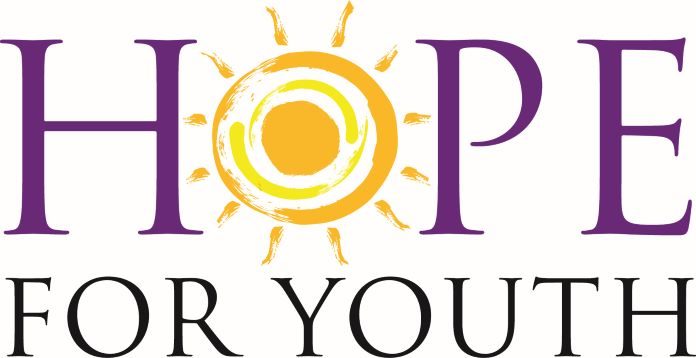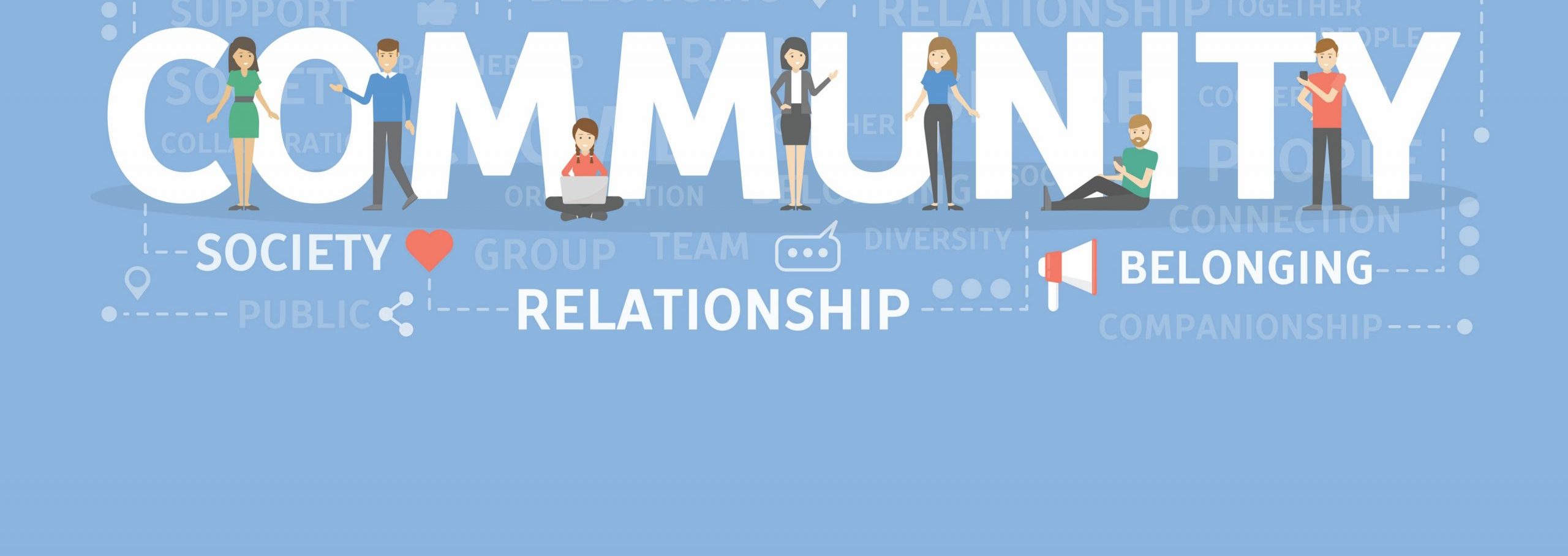Adjustment Services
Hope For Youth’s Adjustment Services Program’s mission is to reduce juvenile arrests & incarceration by allowing offending youth to have their court cases adjusted. The goal is to reduce the risk of the youth re-offending or entering into a deeper level of involvement with the juvenile justice system.
Through participation in this 60-day program, it is anticipated that youth will avoid going in front of a judge, will avoid becoming adjudicated as a JD, will not be re-arrested, will learn healthy behaviors, and will improve attendance at school. Additionally, many of the youth referred to this program will gain connections to community resources, such as counseling, community service, and parenting programs.
Program Services
Restorative Conferences: Restorative Conferences allow social capital and social discipline to be built through participatory learning and decision-making which is essential for a structured adjustment program for youth. Research published by the United States Department of Justice, Office of Juvenile Justice and Delinquency Prevention, shows that restorative practices help to reduce crime and violence, improve human behavior, restore relationships, and repair harm. In addition, it consistently provides very high levels of satisfaction and a sense of fairness for all participants. The facilitator keeps the conference focused and provides an opportunity for each participant to speak by asking open-ended and affective restorative questions using the conference scripts.
Case Management: The case manager will provide assistance and oversight of the case during the adjustment stage. Following the initial Conference, the case manager will assist the youth and their family in following through with the agreement; this may include connection to youth courts, completion of community service, registration at counseling or anger management programs, educational advocacy, and attendance monitoring. The case manager will also assess and monitor any health and safety concerns in the home and guardians will be offered a parenting program and connected to support groups when necessary. The case manager will have at least one contact per week with the youth and family to ensure that the case is on target for adjustment to be completed successfully at the end of the 60-day period.
Program Overview
Referrals to the Adjustment Services Program come directly from the Suffolk County Department of Probation. The referred cases will traditionally be youth who have never been in front of a judge before and who will now be given the opportunity to avoid JD status. It is expected that there will be 1-3 referrals to the program each week. Upon referral to the Adjustment Services Program, a Restorative Conference will be held between the Center for Restorative Practices, the youth, the family, a probation representative, and the Hope For Youth Case Manager; when possible, the victim would also participate in the Conference. The targeted result would be a written agreement that would document what is required from the offender in order for the case to be adjusted (counseling, community service, substance use treatment, etc.). This would include a timeline and would be contributed to by all participating in the Conference. This restorative practice would foster conditions that would place the youth in the best position to successfully satisfy the terms of the agreement and prevent cases from being referred to court.
If a youth has difficulty meeting the requirements of his or her Adjustment Agreement, a second Compliance Monitoring Conference would be held. This Conference would seek to engage the youth, the youth’s family, and a representative from the Probation Department. The objective of this Conference would be to address serious and legitimate issues with compliance and to help the defendant understand the consequences of his or her actions. The outcome of this Conference would be an agreement setting forth a plan for meeting the requirements of the agreement that the youth accepted in the initial conference.
The case will conclude with a final Restorative Conference where a determination will be made as to whether or not the youth fulfilled the requirements for the case to be adjusted or if a court intervention is needed. The Case Manager will prepare a report indicating the progress made during the adjustment period which will be presented to the court.
In addition to the prevention of detention or OCFS placement, the Adjustment Services Program is anticipating the following outcomes will also be achieved: prevention of re-arrest, reduction in gang involvement and/or violence, improved attendance at school, and prevention of the youth’s failure to appear in court or at probation meetings.
Center for Restorative Practices
Touro Law Center is home to the William Randolph Hearst Public Advocacy Center. The only one of its kind in the nation, the Center was developed to have an impact on social justice, legal training and the lives of countless individuals in and beyond the local community.
Housed within the law school, the Center provides furnished offices to local non-profit agencies in exchange for one thing: a promise to use Touro Law students for advocacy services, research work and client relations. Students work with these organizations to satisfy their pro-bono requirements while developing an understanding of the problems facing the local community. Due to the overwhelming response for the PAC, we have also created affiliate members. These members enjoy many of the same benefits of the PAC and are an important part of our community, but are not housed within the law school. Currently, there are approximately 20 affiliate members.
For additional information, contact Touro Law Center (631) 761-7057.
Learn More: Touro Law’s Public Advocacy Center (PAC)


